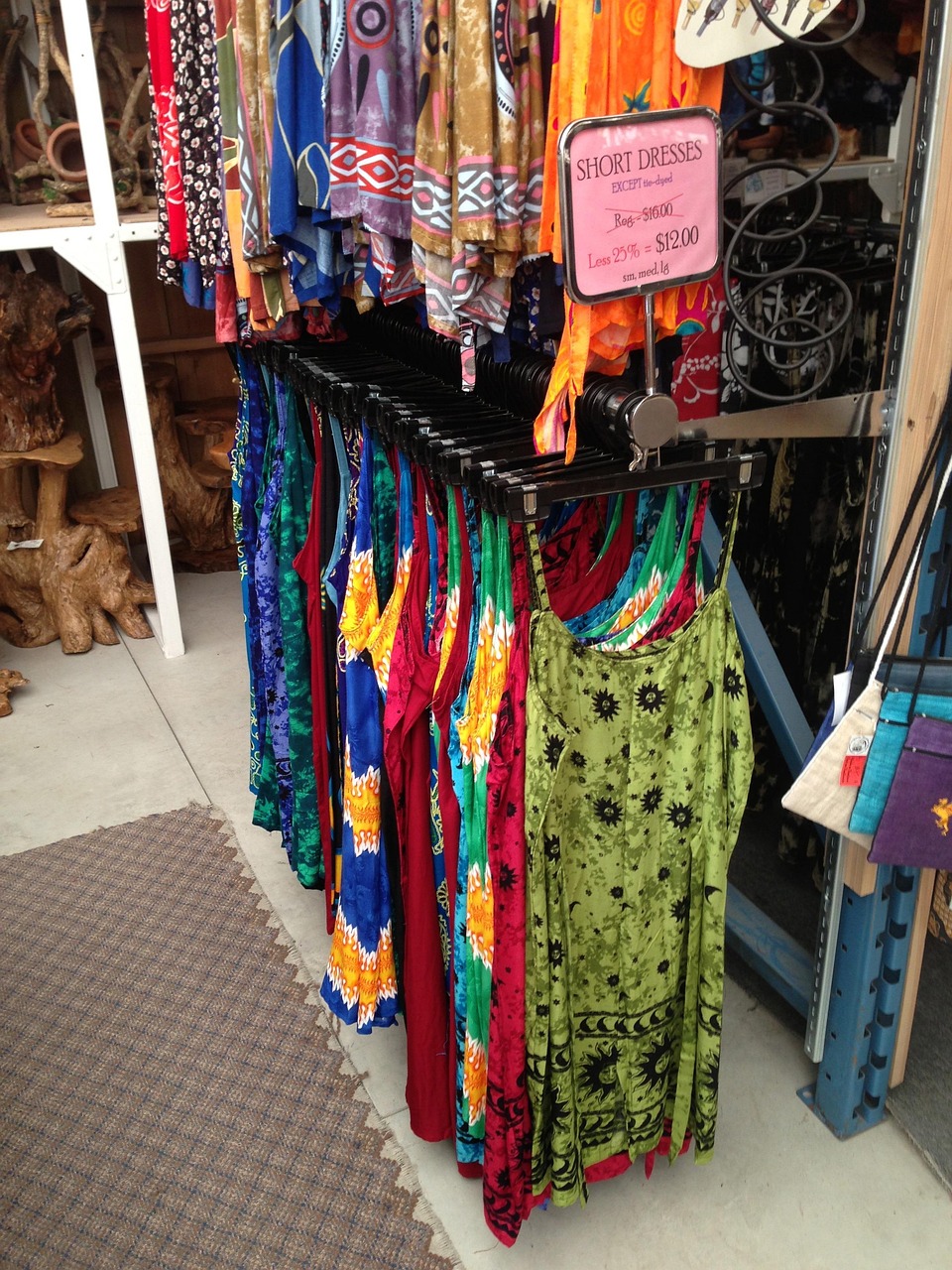Local SEO for retail stores, Long-tail Keyword Research, Memphis, Tennessee, etc.
Contents [hide]
- 1 Local SEO for retail stores, etc
- 2 Unlocking Your Store’s Potential: Local SEO for Retail Stores in Memphis, Tennessee
- 2.1 Why Local SEO Matters for Your Retail Store
- 2.2 Understanding Long-Tail Keyword Research
- 2.3 How to Find Long-Tail Keywords for Your Retail Store
- 2.4 How to Incorporate Long-Tail Keywords in Your Local SEO Strategy
- 2.5 The Importance of Content and User Experience
- 2.6 Getting Started with Local SEO in Memphis
- 2.7 TL;DR – Too Long; Didn’t Read
- 2.8 Beyond Memphis: Local SEO for Every Business
- 3 More on Local SEO for retail stores…
- 4 NAP Citation Consistency Tips / Boost Your Fresno Business: Master...
- 5 Local SEO For Artisans And Craftsmen » Unleash Your Craft:...
- 6 Organic SEO - Drive Organic Growth With Long-Tail Keyword Research...
Local SEO for retail stores, etc
How to Effectively Leverage Long-Tail Keywords in Your Local SEO Strategy
Introduction:
Incorporating long-tail keywords into your local SEO strategy is a crucial step for enhancing your online visibility and attracting targeted traffic. By understanding the nature of these keywords and employing them effectively, businesses can optimize their local search engine rankings and drive higher conversions.
Identifying Long-Tail Keywords:
Long-tail keywords are highly specific, multi-word phrases that users enter into search engines to find precise information or solutions. They typically consist of four or more words and are often location-based. To identify relevant long-tail keywords, consider the following tools:
- Google Keyword Planner: This free tool provides insights into search volumes and competition for specific keywords.
- Competitor Analysis: Review the keywords used by your competitors to identify potential opportunities.
- Local Search Trends: Monitor search trends in your geographic area to uncover popular long-tail phrases.
Integrating Long-Tail Keywords into Local SEO:
Once you have a list of long-tail keywords, it’s time to incorporate them into your local SEO strategy. Here’s how:
- Optimize Your Business Listing: Include long-tail keywords in your Google My Business listing, including your business name, address, phone number (NAP), and website description.
- Create High-Quality Content: Develop valuable content that addresses the specific needs and interests of your target audience. Use long-tail keywords naturally throughout your content, including blog posts, landing pages, and product descriptions.
- Build Local Citations: Acquire backlinks from local directories, review sites, and industry websites that include your business NAP and relevant long-tail keywords.
- Enhance User Experience: Ensure that your website is mobile-friendly, loads quickly, and provides a seamless user experience. This will improve both search rankings and customer engagement.
- Monitor and Adjust: Regularly track your SEO performance and make adjustments to your strategy as needed. Monitor keyword rankings, traffic sources, and conversion rates to identify areas for optimization.
Benefits of Using Long-Tail Keywords:
Incorporating long-tail keywords into your local SEO strategy offers several advantages:
- Improved Ranking: By targeting specific, less competitive keywords, you can increase your chances of ranking higher in search results.
- Increased Traffic: Long-tail keywords generate more targeted traffic, as they are used by users who are actively seeking specific information or products.
- Higher Conversions: Converting visitors into customers is more likely when your content provides the precise solutions they are looking for.
- Lower Competition: Targeting less competitive keywords reduces competition and makes it easier to achieve higher rankings.
Conclusion:
By effectively incorporating long-tail keywords into your local SEO strategy, businesses can significantly improve their online visibility, attract qualified leads, and drive business growth. By following these guidelines and monitoring your performance, you can optimize your SEO efforts for maximum impact and achieve your desired results.
Unlocking Your Store’s Potential: Local SEO for Retail Stores in Memphis, Tennessee
Imagine this: A customer in Memphis is searching for a new pair of sneakers. They type “best running shoes Memphis” into Google. Your store, with its amazing selection and friendly staff, pops up right at the top! That’s the power of Local SEO for retail stores in Memphis, Tennessee.
This article will guide you through the world of local SEO, specifically focusing on long-tail keyword research. We’ll unveil the secrets to attracting more customers through Google searches, making your store a local favorite.
Why Local SEO Matters for Your Retail Store
Think of local SEO as your store’s virtual storefront. It’s how people find you online, especially when they’re looking for something specific in their local area. By optimizing your website and online presence, you can:
- Boost your visibility: Show up higher in Google search results, beating out your competition.
- Attract targeted customers: Reach people actively searching for the products or services you offer.
- Drive foot traffic: Get more people walking through your doors, ready to buy.
- Build brand awareness: Become the go-to destination for your niche in Memphis.
Understanding Long-Tail Keyword Research
Imagine you’re searching for “shoes.” It’s a broad term, right? There are millions of shoes out there! But if you search “men’s running shoes size 10 Memphis,” you’re much more likely to find exactly what you’re looking for. That’s the power of long-tail keywords.
Long-tail keywords are longer, more specific phrases that people use to search for products or services online. They often include location details and modifiers, like “best,” “cheap,” or “near me.” They are incredibly powerful because they:
- Target specific customers: People using long-tail keywords are ready to buy, not just browsing.
- Reduce competition: Fewer businesses are vying for these specific search terms.
- Increase conversion rates: People who find you through long-tail keywords are highly likely to become customers.
How to Find Long-Tail Keywords for Your Retail Store
Don’t worry, finding these gold nuggets of keywords isn’t rocket science! Here are some effective strategies:
1. Google Search Suggestions
- Type in your main keywords: Start by entering general terms related to your store (e.g., “shoes Memphis”) into Google’s search bar.
- Pay attention to suggestions: Google will offer auto-complete suggestions as you type. These are keywords that people are actually searching for.
- Explore related searches: Look at the “People also ask” and “Searches related to” sections at the bottom of the Google results page.
2. Keyword Research Tools
- Google Keyword Planner: This free tool from Google lets you find keywords related to your industry and see how often people are searching for them.
- SEMrush: This powerful tool provides in-depth keyword research, competitor analysis, and more. (It’s not free, but offers a free trial.)
3. Competitor Analysis
- Check out your competitors’ websites: See what keywords they’re using in their content and website descriptions.
- Use a tool like SEMrush to analyze their keywords: This will help you understand which keywords are driving traffic to their websites.
4. Ask Your Customers
- Survey your customer base: Ask them what keywords they use to find local businesses.
- Engage with your customers on social media: See what questions and comments they leave.
How to Incorporate Long-Tail Keywords in Your Local SEO Strategy
Now that you have a list of powerful long-tail keywords, it’s time to put them to work! Here’s how to incorporate them into your local SEO efforts:
1. Website Content
- Write blog posts and articles: Create content that answers questions people are asking about your products or services using long-tail keywords.
- Optimize your product descriptions: Include keywords naturally in the descriptions of your products.
- Update your website copy: Make sure your website content is relevant to the keywords you’ve identified.
2. Google My Business (GMB) Profile
- Create a GMB profile: This is a must-have for any local business. It’s your online storefront on Google Maps.
- Optimize your listing: Use your long-tail keywords in your business name, address, phone number, and website description.
- Add photos and videos: High-quality visuals make your listing more appealing to customers.
- Use relevant hashtags: Include your long-tail keywords in your social media posts.
- Run targeted ads: Use your keywords to target your ads to people searching for specific products or services.
4. Local Citations
- Create listings on business directories: Include your website, phone number, and address on sites like Yelp, TripAdvisor, and Yellow Pages.
- Ensure consistency: Make sure your business information is consistent across all platforms.
The Importance of Content and User Experience
While long-tail keywords are incredibly powerful, they’re not a magic bullet. Google’s search algorithms are getting smarter every day. They want to provide users with the best possible experience, meaning your website and content need to be:
- High-quality: Provide valuable information that people actually want to read.
- Engaging: Use clear, concise language and visuals to keep people hooked.
- Informative: Answer questions, solve problems, and provide helpful tips.
- Mobile-friendly: Make sure your website is easy to navigate on smartphones and tablets.
- Fast-loading: Slow loading times can drive customers away.
Getting Started with Local SEO in Memphis
Ready to take your local SEO for retail stores in Memphis, Tennessee to the next level? Here’s a simple plan to get started:
- Analyze your current online presence: Where are you already showing up in Google search results?
- Identify your target audience: Who are your ideal customers?
- Research long-tail keywords: Use the strategies we outlined above to find keywords that resonate with your audience.
- Optimize your website and GMB profile: Make sure your online presence is up-to-date and informative.
- Create high-quality content: Blog posts, articles, and videos are great ways to attract customers.
- Monitor your progress: Use Google Analytics to track your website traffic and SEO rankings.
TL;DR – Too Long; Didn’t Read
- Local SEO is crucial for retail stores: It helps you attract customers looking for products or services in your area.
- Long-tail keywords are highly effective: They target specific customers who are ready to buy.
- Use a combination of strategies: Research keywords, optimize your website, and create valuable content.
- Focus on user experience: Make sure your website is high-quality, engaging, and mobile-friendly.
- Be patient and persistent: Local SEO takes time and effort, but the rewards are worth it.
Beyond Memphis: Local SEO for Every Business
Even if your retail store isn’t located in Memphis, the principles of local SEO still apply. Whether you’re in a bustling city or a small town, these strategies can help you connect with local customers and grow your business.
Ready to unlock your store’s potential? We can help you develop a customized Local SEO strategy that drives results. We’ll work with you to identify your target audience, research long-tail keywords, and create a compelling online presence. Contact us today for a free consultation!
We’ll help you build a successful business, one customer at a time.
More on Local SEO for retail stores…
- Local SEO for Retail Stores:
- Local SEO for small businesses
- Local search for retail stores
- Google My Business for retail stores
- Local SEO services for retail businesses
- Local SEO optimization for retail
- Retail store local marketing
- Local citations for retail stores
- Geo-targeting for retail SEO
- Location-based keywords for retail
- Neighborhood-specific SEO for retail
- Long-Tail Keyword Research:
- Long-tail keywords for website traffic
- Keyword research for long-tail keywords
- Benefits of long-tail keyword research
- Using long-tail keywords in content
- Identifying long-tail keywords for SEO
- Keyword tools for finding long-tail keywords
- Long-tail keyword strategy for website optimization
- Targeting long-tail keywords for niche markets
- Keyword phrases for improved website ranking
- Long-tail keyword analysis for search engine visibility


